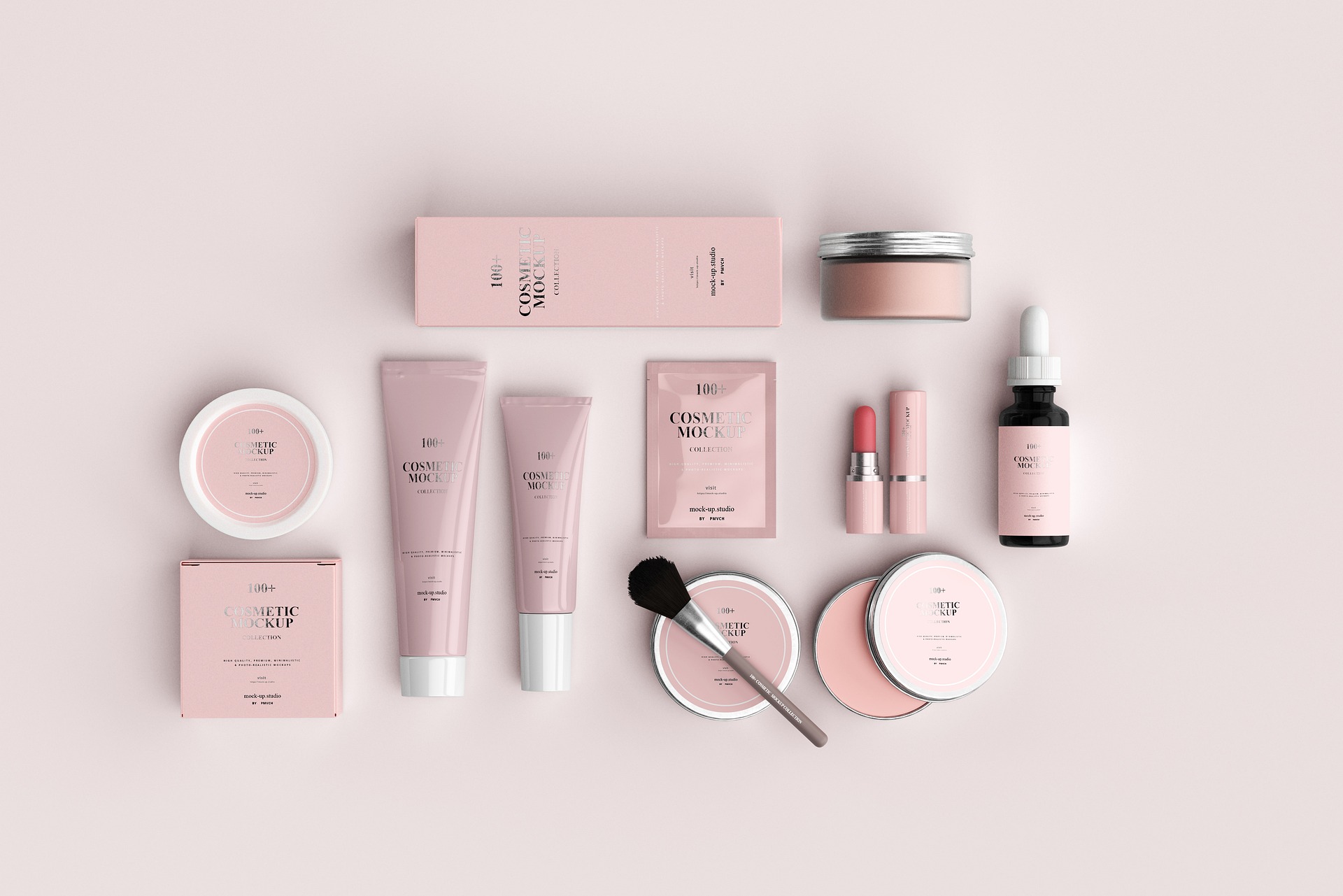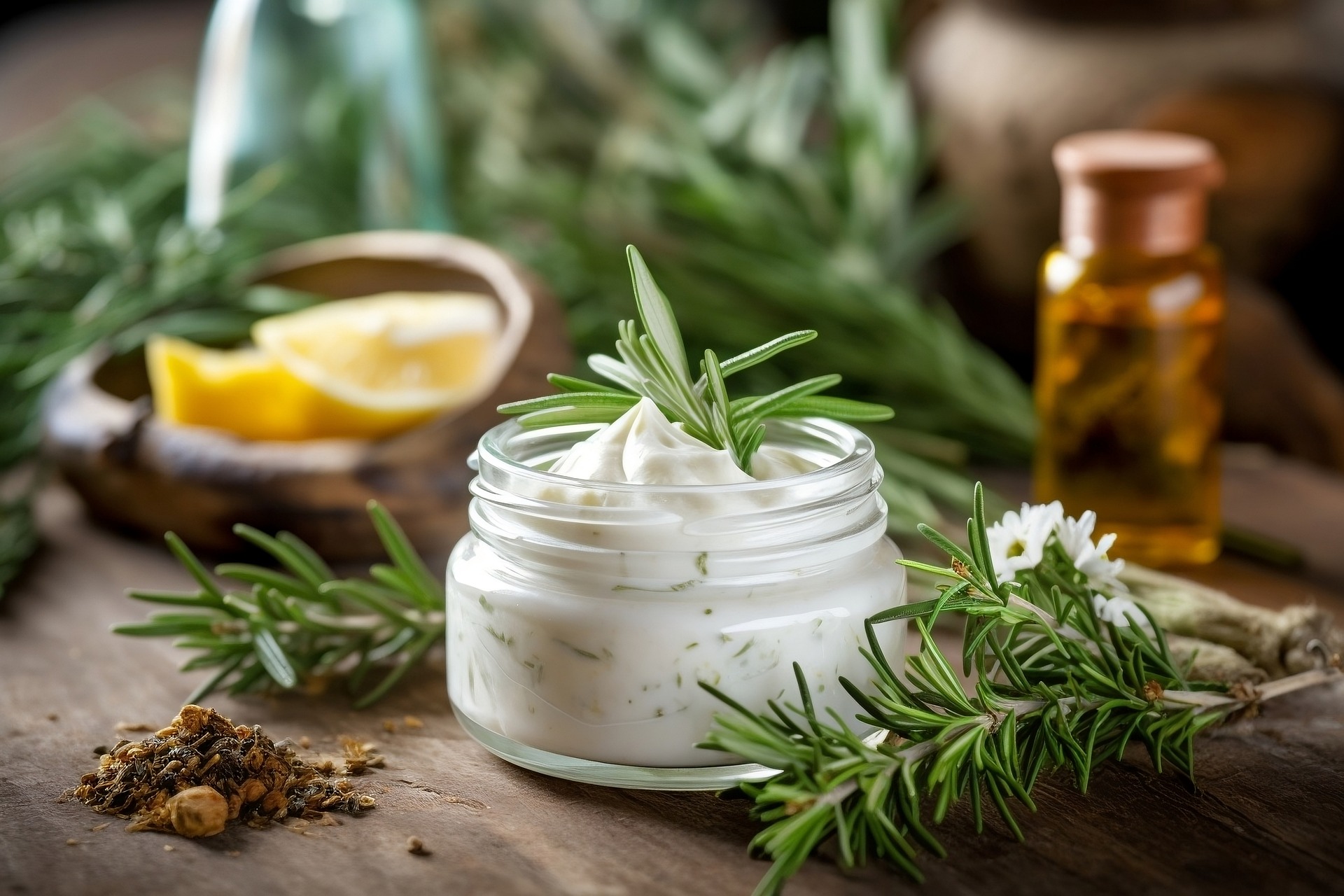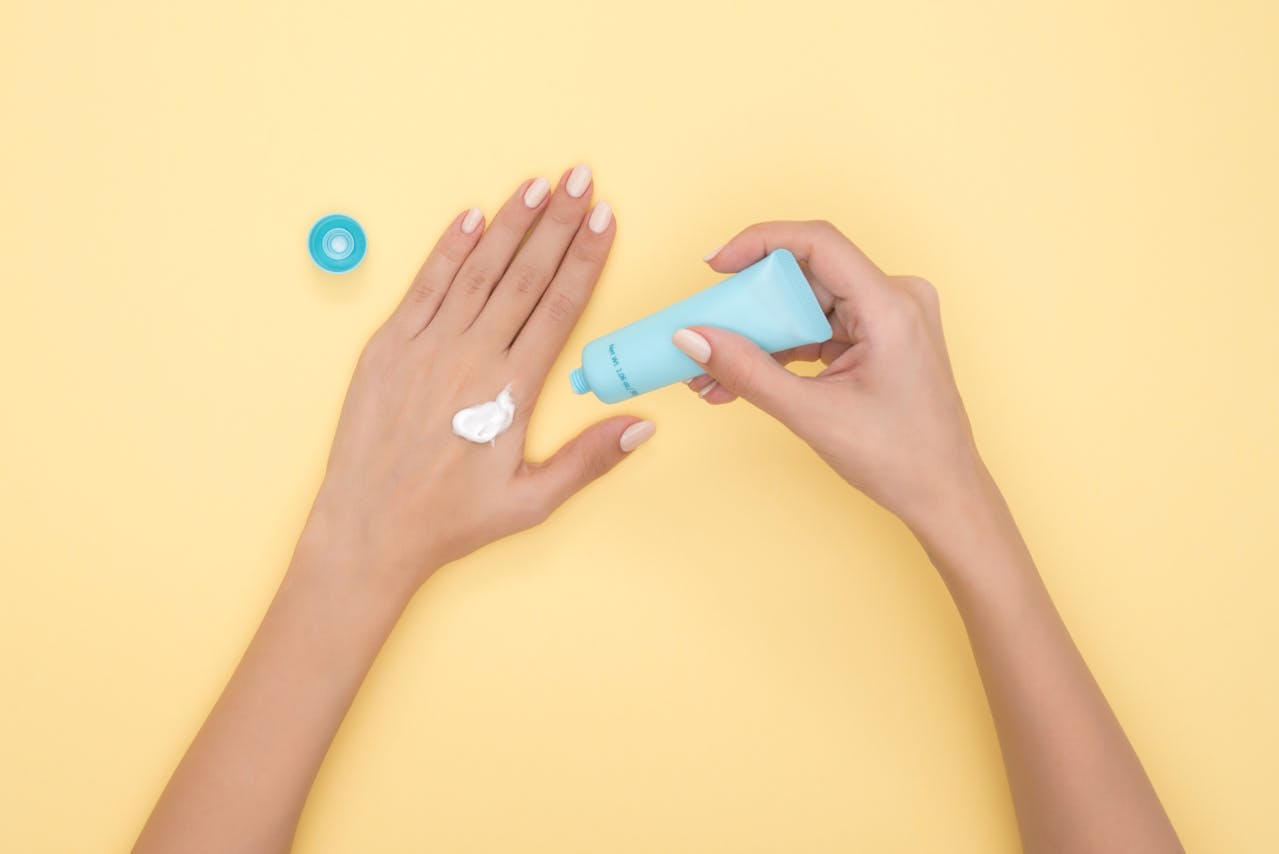The skincare industry is one of the most competitive markets globally, with thousands of brands vying for attention. To stand out, having a skincare branding strategy that resonates with your target audience is essential. This essay explores effective strategies, successful case studies, and actionable tips to elevate your beauty business.
Why Skincare Branding Matters
In an industry where products may share similar ingredients and benefits, branding is the only differentiator. A solid skincare brand:
- Builds trust and credibility.
- Fosters an emotional relationship with customers.
- Encourages customer loyalty and repeated purchases.
- Helps differentiate your products in a crowded marketplace.

Key Components of a Skincare Branding Strategy
1. Define Your Brand Identity
Your brand identity comprises your mission, vision, values, and aesthetics. It answers the question: What does your brand stand for?
- Brand Story: Share the inspiration for your brand. For example, Rhode Skin by Hailey Bieber integrates personal narratives to relate to the consumer
- Visual Identity: Use cohesive colors, fonts, and package designs that reflect your personality. For example, minimalistic designs like Drunk Elephant have been very successful in making a strong visual identity
- Unique Selling Proposition (USP): Emphasize what makes you different. Are your products vegan? Dermatologist-tested? Sensitive skin?
2. Product Innovation
Customers buy exclusive and superior-quality products. Emphasis on:
Creative Compositions: Utilize new active ingredients or technologies.
Environment-Friendliness: Develop biodegradable packaging or raw materials responsibly2.
Transparency: Mention all ingredients to get the trust of wise customers.

3. Digital Marketing
A Skincare brand can’t work without a powerful online existence in today’s world.
- Social Media Marketing: Ideal for product advantages, demo videos, and UGC on Instagram and TikTok.
- Influencer Collaborations: Leverage the word-of-mouth power of an influencer to amplify your message. Clinique and Kama Ayurveda, for example, have harnessed the influencer marketing power to take the brand to a bigger market.
- Content Marketing: Educational content like blogs, guides for skincare, and videos is something that will engage users.
4. Customer Engagement
Building relationships with the customer builds loyalty.
- Customer Testimonials & Reviews: Showing real customer opinions as testimonials to validate product effectiveness.
- Personalized Service: Personalized recommendations or personal skincare programs.
- Email Campaigns: Update customers on new launches or promotions through compelling newsletters.

5. Omnichannel Presence
Be consistent across all touchpoints—your website, social media, retail stores, and packaging should all mirror the same branding.
Successful Skincare Branding Case Studies
1. La Roche-Posay
La Roche-Posay is known for its expertise in sensitive skin care. The brand creates trust through dermatologist partnerships and educational content. Their campaigns are built around rigorous clinical testing and real-life testimonials.
2. CeraVe
This has become the science-backed simplicity that appeals to a broad audience. Focusing on ceramide and hyaluronic acid as hero ingredients makes it a brand with a solid identity in efficacy.
3. Glow Recipe
This brand brings together trends from Korea with global appeal with playful packaging and vibrant visuality. Marketing the experience of their fruit-powdered formulations.
4. Dove
Dove’s “Real Beauty” campaign marked a new definition of beauty where inclusivity and confidence at home were the key marketing propositions. This campaign spans nearly two decades and makes Dove a brand name throughout the world.

Comparison of Branding Strategy: Skincare Brands
Brand |
Unique Selling Point |
Key Strategy |
Outcome |
| La Roche-Posay | Sensitive skin expertise | Dermatologist partnerships | A trusted authority in sensitive skin care. |
| CeraVe | Science-backed simplicity | Focus on hero ingredients | Broad consumer appeal. |
| Glow Recipe | Fun, sensory K-beauty formulations | Vibrant visuals & social media | Global recognition. |
| Dove | Inclusivity & real beauty | Emotional storytelling | Household name worldwide |
Actionable Tips for Building Your Skincare Brand
- Know your audience and speak to them
- Invest in professional branding, logos, and packaging design.
- Leverage social media with creative product benefits.
- Work with influencers who are truly enthusiastic about your brand.
- Build long-term loyalty through incredible customer service.

Conclusion
Well-planned skincare branding can take your business from just another product line to a well-loved brand. Authenticity, innovation, and engaging customers are key to your niche in the competitive beauty market. From La Roche-Posay’s expertise to Glow Recipe’s playful appeal, it is not about what you are, but rather the consistency that will bring success in the long run.
Skincare Branding Strategy: Commonly Asked Questions
1: How to draw attention to my skincare business?
Unique value proposition.
2: The role of packaging in the branding process?
Packaging can be the very first exposure customers have to your product. Invest in packaging that makes a statement in relation to your brand personality but remains functional and, where possible, eco-friendly.
3: Is influencer marketing important?
Influencer marketing could potentially generate a lot more visibility and credibility, more so with people who subscribe to the values of the brand.


